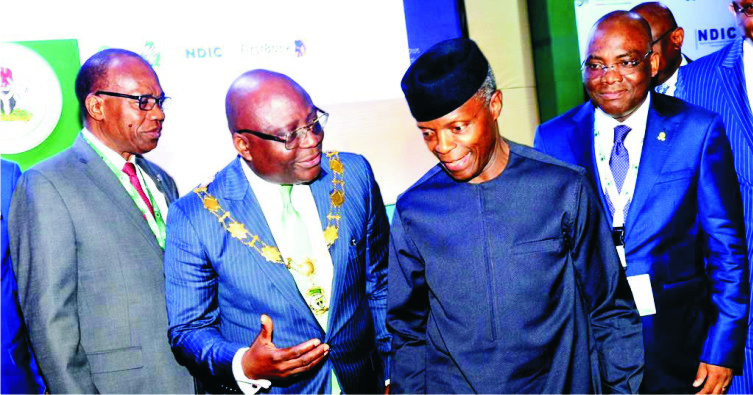Business
Nigeria Lost $1.7bn To OML 25 Closure – NNPC

The Nigerian National Petroleum Corporation (NNPC) says Nigeria lost about $1.7 billion dollars to the closure of Oil Mining Lease (OML) 25 flow station in Rivers State in the last two years.
The Group Managing Director of NNPC, Malam Mele Kyari, disclosed this at the reopening of the OML 25 flow station and commissioning of water plan in Kula community in Rivers State at the weekend.
According to him, “There was shutdown of the Belema flow station due to absolute breakdown of law and order in this community (Kula) two years ago, and there was loss of over 35,000 barrels of oil production per day per day.
“In monetary terms, that is worth about 1.7 billion dollars which could have been put to use for the benefit of the community and the rest of the federation.
“What we have done is to engage the community and its leadership, to ensure that dispute between it and Shell is brought to a closure, as a result of which there will be more community engagements.’’
“They have agreed to vacate the facility and allow petroleum operation to continue in this facility,”.
It would be recalled that women of OML 25 host communities had shut down operations at the flow station two years ago over the failure of the Shell Petroleum Development Company (SPDC) to fulfil its corporate social responsibility to the host communities.
Kyari said that immediate priority of government and NNPC was to ensure peace to help other things to fall in place in the community.
”We know that ultimately when peace comes, oil production will come back and we can see the return of about 35,000 barrels of oil production per day”, he stated.
The GMD said that for the oil production to resume, there would be a re-entry process and validation of the state of damages done on the facility over time.
He assured that within the shortest time, Shell would come up with a plan.
According to him, community engagement is the solution to resolving dispute with oil producing communities.
“We have found a solution, and this would enable people to go back to their work, offer social service and all that is needed will come back”, he said.
Kyari advised communities and leaders in the Niger Delta to resolve issues affecting them and oil production.
He noted that through peaceful engagements, oil producing communities in the Niger Delta could earn more revenue from oil and gas investment opportunities.
According to him, there would be more developments as against the constant cases of hostility, disruption of oil production and underdevelopment.
The Minister of State for Petroleum Resources, Mr Timipre Sylva, said the relationship with the community had come to stay.
“We need unity in Ijaw land today, and it is time for us to change strategy on our engagements to bring investment to our communities.
Business
Fidelity Bank To Empower Women With Sustainable Entrepreneurship Skills, HAP2.0
Business
President Tinubu Approves Extension Ban On Raw Shea Nut Export
Business
Crisis Response: EU-project Delivers New Vet. Clinic To Katsina Govt.
-

 News2 days ago
News2 days agoAmend Constitution To Accommodate State Police, Tinubu Tells Senators
-

 Politics2 days ago
Politics2 days agoSenate Urges Tinubu To Sack CAC Boss
-

 News2 days ago
News2 days agoDisu Takes Over As New IGP …Declares Total War On Corruption, Impunity
-
Business3 days ago
President Tinubu Extends Raw Shea Nuts Export Ban To 2027
-
Business3 days ago
Crisis Response: EU-project Delivers New Vet. Clinic To Katsina Govt.
-
Business3 days ago
President Tinubu Approves Extension Ban On Raw Shea Nut Export
-
Sports2 days ago
NDG: Rivers Coach Appeal To NDDC In Talent Discovery
-
Rivers2 days ago
Etche Clan Urges Govt On Chieftaincy Recognition

